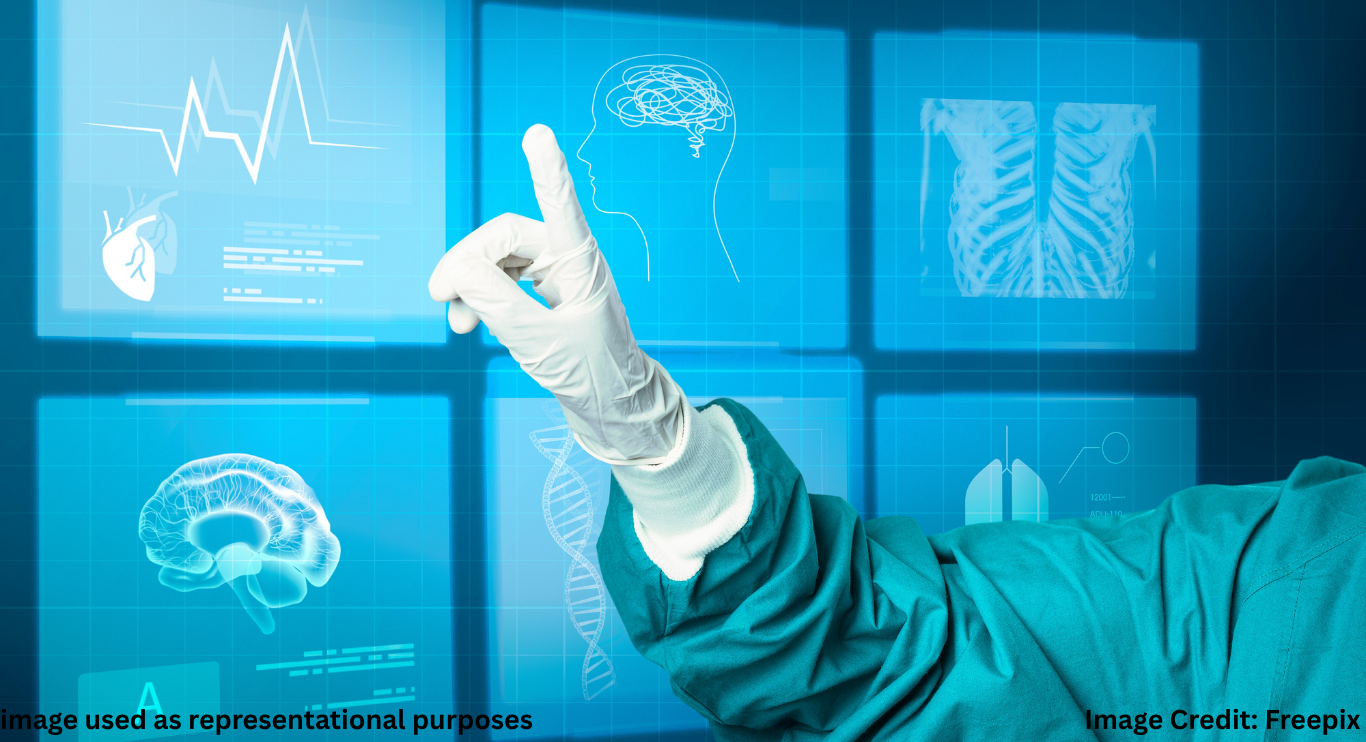
How Older People Are Reaping Brain Benefits From New Tech
In today’s fast-paced digital age, the phrase how older people are reaping brain benefits from new tech has become more than just a feel-good headline—it’s a growing reality. While technology was once seen as the exclusive playground of younger generations, older adults are now embracing digital tools and finding surprising advantages, especially when it comes to their brain health. In fact, many seniors are proving that it’s never too late to stimulate the mind, sharpen memory, and even expand social connections with the help of technology.
The Surprising Connection Between Technology and Brain Health
For decades, experts have studied ways to keep the brain active as people age. Activities like reading, solving puzzles, and playing musical instruments were often recommended. However, new research is showing that technology-based activities—from using a tablet to mastering video calls—can have equally powerful effects on cognitive function. Older adults who regularly engage with tech tools often experience improved memory recall, better problem-solving skills, and increased confidence in learning new things.
Breaking the Stereotypes: Seniors and Technology
A common misconception is that older adults are resistant to learning new technology. In reality, many are eager to adopt it once they understand its benefits. A 72-year-old retiree named Margaret, for example, started using a language learning app during the pandemic. She now chats in basic Italian with friends abroad, and she credits this digital hobby with keeping her mind sharp and her mood uplifted.
Everyday Tech That Boosts Brain Power
The kinds of technology helping older adults aren’t limited to high-end gadgets. Simple tools can make a big difference. Here are some examples:
- Video Calling Apps – Strengthen social connections, which are vital for brain health.
- Brain-Training Apps – Games and exercises designed to challenge memory and logic skills.
- Fitness Trackers – Encourage physical activity, which supports overall cognitive health.
- Virtual Reality – Offers immersive experiences that can boost memory and stimulate creativity.
Real-Life Stories of Tech-Driven Brain Gains
Consider John, 68, who took up photography using a digital camera. Learning how to edit photos on a computer introduced him to new software skills. He says the process was challenging at first, but he now enjoys the sense of achievement every time he masters a new feature. Similarly, Grace, a 75-year-old grandmother, began using a tablet to follow online cooking classes. She finds that memorizing new recipes and techniques keeps her mentally alert.
Why Technology Works for the Aging Brain
The reason how older people are reaping brain benefits from new tech is becoming a widespread truth lies in neuroscience. Learning new skills stimulates neuroplasticity—the brain’s ability to reorganize itself by forming new neural connections. Whether it’s navigating a smartphone or playing an online strategy game, each unfamiliar task pushes the brain to adapt, much like a muscle being exercised.
Overcoming Common Tech Challenges
Admittedly, the learning curve can be steep for some older adults. Issues like small fonts, complicated settings, and unfamiliar jargon can be frustrating. However, simplified devices, step-by-step tutorials, and community tech workshops are helping to bridge the gap. Family members and friends also play a key role by offering patient guidance.
The Role of Social Interaction in Tech Use
Engaging with technology often goes hand in hand with social interaction. Older adults who join online groups, participate in video calls, or collaborate in virtual games not only keep their minds active but also reduce feelings of isolation. This social aspect is crucial because loneliness can negatively impact brain health over time.
How Families Can Encourage Tech Adoption
Family support makes a huge difference. Encouraging older relatives to try new devices, helping them set up accounts, and introducing them to user-friendly apps can build confidence. It’s important to start small—perhaps with a single feature like sending photos through a messaging app—and then gradually explore more functions.
Practical Tips for Older Adults to Get Started
- Choose one technology at a time to learn.
- Practice regularly to build familiarity.
- Use large-text or accessibility settings for easier navigation.
- Join local or online classes for guidance.
- Focus on tech that aligns with personal interests.
Looking Ahead: The Future of Seniors and Technology
As technology continues to evolve, so will the opportunities for older adults to enhance their brain health. Artificial intelligence, virtual reality, and adaptive learning systems are expected to offer even more personalized cognitive training. The next decade could see a generation of seniors more digitally engaged than ever before.
Conclusion: A Digital Path to a Sharper Mind
The narrative around aging and technology is shifting. The reality of how older people are reaping brain benefits from new tech proves that learning doesn’t stop with age. Instead, with the right tools, encouragement, and mindset, older adults can use technology to keep their minds sharp, their confidence high, and their lives enriched.

Akalumhe Jefferson is a content writer with a new found interest for crafting engaging stories that transport readers to new worlds. Although no current actual background in creative writing but there’s active love for writing



